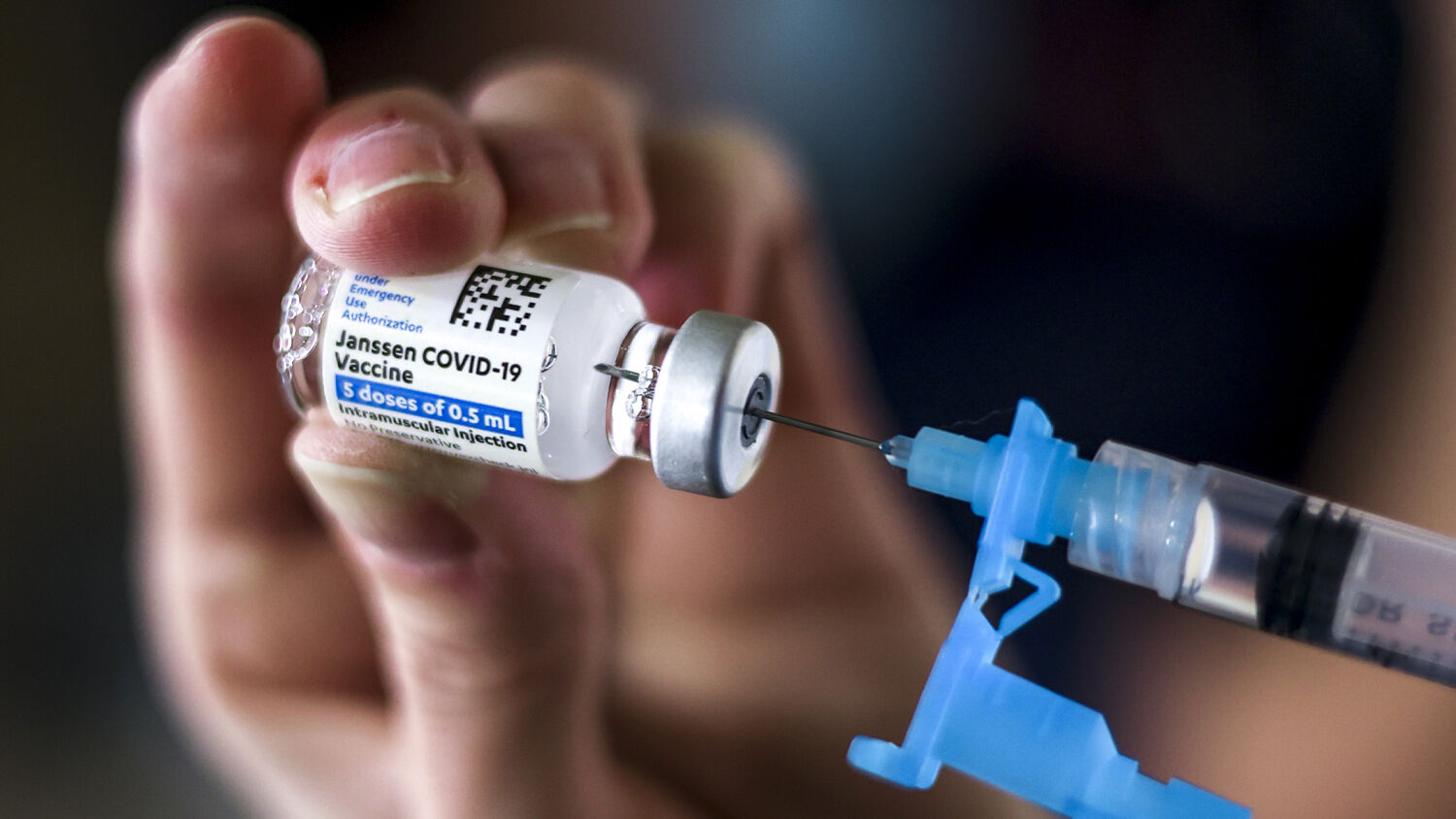
Vaccine Efficacy and Deceitful Statistics
Medical experts, scientists and public officials seek to convince the populace to abide strictly by “the science,” as they call it. Yet there’s a vast chasm between following the traditional scientific method and following “the science.” Long gone are the days where scientific outcomes have to stand up to the rigors of scrutiny. Instead, the science is meant to refer solely to the current dogma, perpetuated from the top down. One of the most insidious ways these experts deceive people is the use of the term “vaccine efficacy.”
Anytime you hear a medical professional cite the percentage of efficacy of a particular vaccination treatment, they aren’t telling you the whole truth. In fact, the term is often used to deceptively twist numbers.
Vaccine efficacy really should be called “relative risk reduction.” Put in simple terms, relative risk reduction is a ratio used to compare the risk of infection among those who were vaccinated versus those who were not. That can seem like a legitimate formulation. However, it does not take into account the chances of these people contracting the disease in the first place. Because of this, relative risk reduction yields extremely impressive percentages, in favor of the vaccine of course.
In stark contrast, absolute risk reduction is an evaluation of how at risk the population was in the first place.
Let’s use a brief example. In a study of 200 people, 100 people do not receive the vaccine, and 10 of them catch the virus. This gives a 10 percent risk of contracting the virus as a baseline. Of the other 100, who received the vaccine, let’s say one of these individuals contracts the virus. The baseline risk for the vaccinated group is then 1 percent. The absolute risk reduction is then 9 percent (10 percent minus 1 percent), because the risk was low.
From this same example, you can also extract the relative risk reduction, which is 90 percent (baseline risk of 10 percent divided by 9 percent). This is the number that vaccine manufacturers and medical experts will so often cite. It’s easy to see why.
A 9 percent chance of becoming infected is less than motivating, and a stark contrast to what would be advertised as a 90 percent effective vaccine. Not to mention an important contrast to understand when deciding whether or not to take the jab.
As Ronald R. Brown wrote in his February 26 report for Medicina, even the U.S. Food and Drug Administration (fda) acknowledges that “[p]atients are unduly influenced when risk information is presented using a relative risk approach; this can result in suboptimal decisions. Thus, an absolute risk format should be used.” Yet this is a drastic understatement. It fails to address one of the most fundamental questions society-at-large should be asking: How likely am I to be infected by the covid-19 virus in the first place?
It is obvious to see why those in the pro-vaccine science community want to peddle only the flattering numbers. But at what cost? Should mankind be looking to science and medicine for the answers in the first place? Man is placing blind faith in the medical establishment to keep humanity “safe.”
As Herbert W. Armstrong wrote in his booklet The Plain Truth About Healing, modern medicine “operates primarily on that method—trying, with medicines, to prevent God’s law from exacting its penalty. That theory says, in effect, we can transgress God’s law and then prevent God’s law from exacting its penalty. The theory is: The sufferer has in his body one poison, so we add another poison in the form of medicine. And one poison plus one more poison equals no poison!”
That is a perfect description of what these scientists are attempting to do: Add more poison. They are trying, in vain, to master and manipulate the creation around them, without consulting their Creator. Yet God says “the man that trusteth in man” shall be cursed (Jeremiah 17:5).
That same God also says that He will heal, if mankind will turn to Him for that healing. As King David wrote in Psalm 103, “Bless the Lord, O my soul, and forget not all his benefits, who forgives all your iniquity, who heals all your diseases” (verses 2-3; Revised Standard Version).
That is an absolute promise. No needles, pills or deceptive statistics required.
